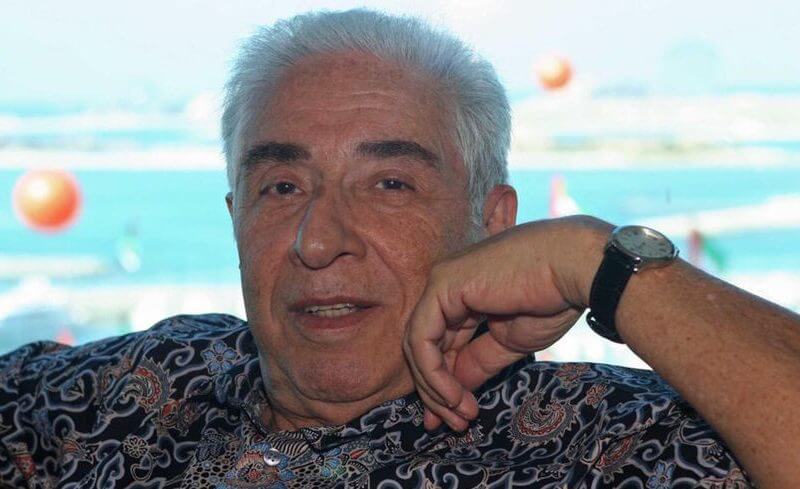In Tehran, an 85-year-old Iranian American, who has been held for more than six years, must undergo urgent surgery to clear "life-threatening blockages in his left internal carotid artery," according to his family Monday.
According to the United States State Department, Baquer Namazi and his son, Siamak Namazi, are Iranian Americans wrongfully detained in Iran since early 2016.
According to the family, Namazi needs surgery "within weeks." The family has called on the Islamic government to release Siamak from Evin prison, allowing him to be with his father throughout the operation.
Jared Genser, an international human rights lawyer for Perseus Strategies and a representative for the imprisoned Namazis in Tehran, provided a statement to the Foreign Desk addressing the current situation.
"At the time of his arrest, Baquer was 79 years old and already suffering from numerous health conditions, including an arrhythmia. Despite being aware of his health concerns, Iranian authorities subjected Baquer to prolonged periods of solitary confinement and denied or severely delayed his access to appropriate medical care. Consequently, his health deteriorated rapidly in prison, leading to roughly a dozen hospitalizations, two in-custody surgeries, and, eventually, a highly restrictive medical furlough beginning in 2018," explained Genser.
During a visit to Iran in July 2015, authorities stopped Siamak from leaving the country, which led to months of unlawful interrogations before he was arrested in October 2015. His father, Baquer, was lured by the Islamic Republic under the false premise that he could see his son but was immediately arrested in February 2016.
According to Genser, the horrific prison conditions, denial of proper care, and overall trauma of the past six and a half years have "been devastating for Baquer’s physical and mental health. He developed stress-induced, adult-onset epilepsy, as well as severe depression. He is often confused, becomes easily fatigued, and has difficulty moving around and maintaining his balance, which has resulted in several falls."
Genser explains that the elderly Namazi's health trouble culminated in "near total blockages in his right ICA last October, putting him at high risk of having a potentially fatal stroke." After pleading with the Iranian to lift his travel ban, the Islamic Republic ignored such requests, forcing Namazi to undergo a carotid endarterectomy in Iran, despite the "heightened risk to his life posed by the stressful environment, poor aftercare, and rampant Covid-19 infections in the country."
While Namazi survived and recovered from the first surgery, Genser states that new scans have revealed that severe blockages in his left ICA require Baquer to "undergo surgery again," with Iranian authorities appearing to subject him to the "same unnecessary dangers as before."
The efforts by the U.S. government to free the father and son and other detained Americans like Emad Sharghi and Morad Tahbaz have failed to yield any positive results. With the Biden administration negotiating with Tehran over its nuclear program, American officials have stated that the issue of American hostages is separate from current negotiations. Throughout President Biden's tenure, families of Iranian Americans have rallied together to call on the administration and Congress to do everything they can to get their loved ones out of jail.
Experts familiar with the Islamic Republic argue that the regime continues to hold American hostages like the Namazis in Iran for ransom or concessions from America. These experts argue that should the administration give in to the regime's demands, Iranian officials will continue to arrest American citizens and demand more concessions while facing no consequences.
“Iranian authorities have known about Baquer’s extremely precarious health since the moment they arrested him and have only worked to exacerbate it over the past almost seven years, despite having no legal basis to hold him. Their blatant disregard over whether an innocent, frail, and elderly man lives or dies is a calculated affront to their obligations under international law. Iran must immediately reverse its travel restrictions on Baquer so that he can access the lifesaving care he needs," said Genser.
On Tuesday, officials at the U.S. State Department said that the U.S. is continuing to negotiate the release of the wrongfully detained American citizens, calling for Iran to release the Namazis and others to their loved ones. However, some experts argue that the U.S. should cease negotiations with Iran and punish the regime for engaging in such unlawful arrests until the government faces enough pressure to allow the Americans to leave.










